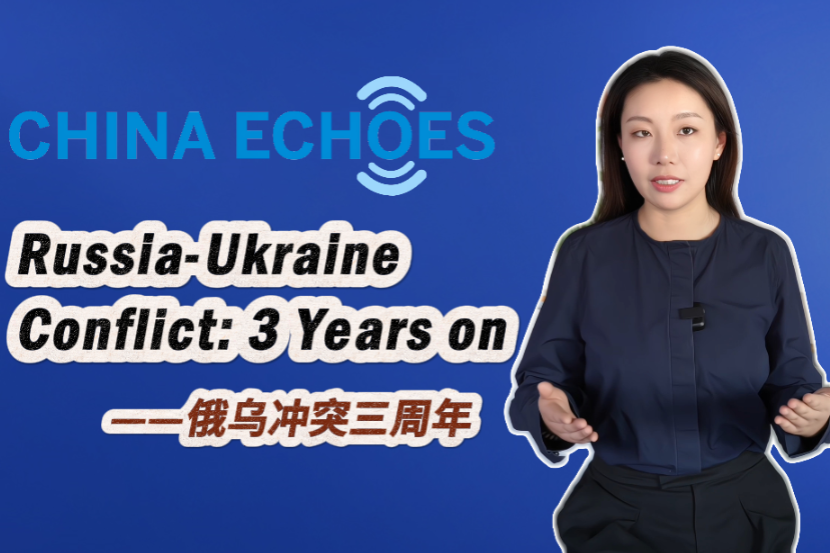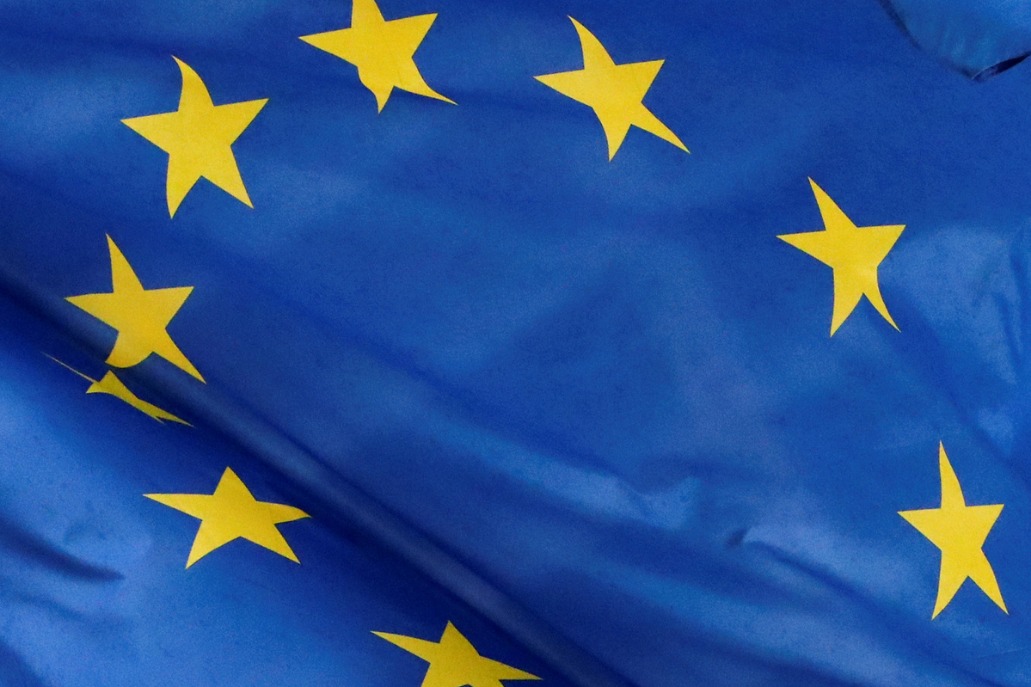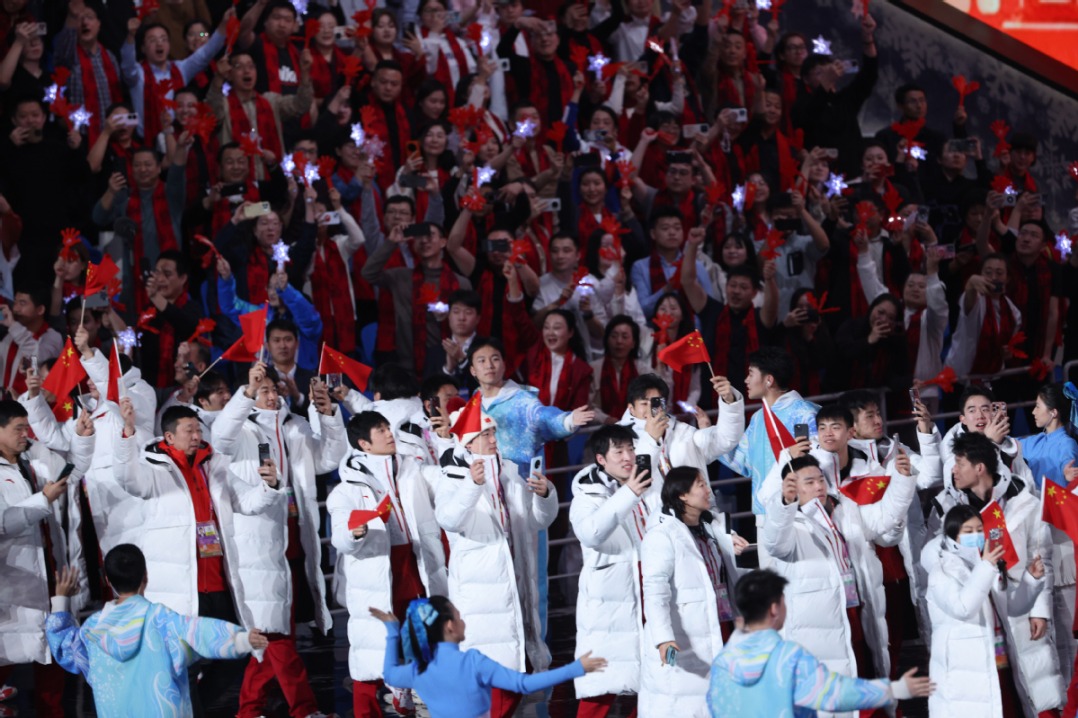Three-way benefits


China and France are successfully exploring the potential of third-party market cooperation
Third-party market cooperation is a new model of international trade and economic cooperation proposed by China under the framework of the Belt and Road Initiative. Under this model, Chinese enterprises collaborate with companies of other countries (usually those of developed nations) in a third-party market (usually a developing nation). The model helps Chinese enterprises and companies of other countries complement each other by giving play to the advantages of China in production capacity and that of developed nations in advanced technologies, and thus promote the growth of the third country's industries, infrastructure and the improvement of people's livelihoods.
France was the first country that carried out economic cooperation with China in a third-party market. In 2015, the two nations started exploring the model based on shared benefits and their comparative advantages. French companies have expertise in high-end manufacturing, environmental protection and project operation, while Chinese companies have rich experience in infrastructure building, energy, equipment manufacturing, and the internet. The two countries have huge potential in third-party market cooperation. So far, the two governments have launched four batches of demonstration projects, with the latest projects focusing on Africa and Central and Eastern Europe, and in areas such as infrastructure, environmental protection and new energy.
The Kribi deep-water port in Cameroon is a successful example of China-France cooperation in a third-party market. The project was undertaken by China Harbor Engineering Company. After the completion of the first phase of the project, Kribi Container Terminal, a joint venture formed by China Harbor, France's Bolloré Group and CMA CGM Group as well as local stakeholders, won the bid to operate the container port under a 25-year concession agreement. The project gives full play to the expertise of China Harbor in port building and maintenance as well as the advantage of French companies in habor operation, sea-land logistics, shipping lines and cargo resources.
The project serves as a gateway for inland countries in Central Africa, and greatly promotes the development of transhipment, cargo logistics, and the import and export trade in Central Africa and the Gulf of Guinea. According to statistics of the Kribi Container Terminal, from March 2018 to December 2021, the port received a total of 822 ships, with its revenue topping 63 million euros ($69 million).
The Kribi port will become the largest port in Cameroon, having a significant impact on the nation's economy. Statistics show that in 2021, the port handled over 80,000 standard containers, a year-on-year increase of 114 percent. The construction and operation of the port has created about 1,000 jobs. The tariff revenue of the deep-water port jumped from about $1.26 million in 2019 to about $250 million in 2021.
In September 2022, the Port Authority of Kribi and the Kribi Container Terminal signed an amendment to the concession agreement for the container terminal, which supported China to finance and build the second phase of the deep-water port. This project will be completed by the end of the first half of 2024. By then, the port of Kribi will triple the capacity of the container terminal to reach the threshold of handling 1 million TEUs per year, and confirm its status as a leading hub serving the economy of Cameroon and the subregion in Central Africa.
China-France cooperation in third-party markets has set an example for other countries. So far, a total of 14 countries, including Italy, Spain, Canada and the United Kingdom, have signed cooperation documents with China on third-party market cooperation, with blueprints having been translated into concrete actions in policy, rules and projects alignment.
The new model of cooperation has played a positive role in promoting the social and economic development in third countries, and achieved the effect of "1+1+1>3".Third-party market cooperation is emerging as an innovative model for jointly advancing the high-quality Belt and Road Initiative.
Third-party market cooperation conforms to the trend of economic globalization, meets the realistic needs of countries for open cooperation and interactive development, thus enjoys broad prospects. However, problems also exist, such as immature development mechanisms, strategic misjudgments between major countries and a lack of funds.
First, China and France should enhance strategic communication and institution building. Sound strategic communication, close trade and economic cooperation, and mature institutions and platforms are guarantees for successful third-party market cooperation. The two sides should implement the cooperation documents that have been signed, improve the cooperation institutions and platforms for third-party market cooperation, and push the alignment between the Belt and Road Initiative and Europe's Global Gateway Initiative to create a sound external environment for third-party market cooperation.
Second, strengthening financial cooperation. China and France should strive for efficient operation of the funds for third-party market cooperation, encourage financial enterprises to create new products and services, and expand the financing channels for third-party market cooperation projects. At the same time, the two nations should enhance currency cooperation, and expand the euro swap agreement.
Third, to explore cooperation opportunities in more areas, and jointly build open and stable industry and supply chains. The two countries' companies should further deepen their cooperation in traditional areas such as infrastructure building, resources and energy, and equipment manufacturing, and push for the building of an inclusive global industry chain. Meanwhile, the two sides should ride the wave of the fourth industrial revolution, and expand cooperation in digital economy, mobile communication, and other emerging sectors.
The author is the director of the Belt and Road Research of the World Economics Department under the China Center for International Economic Exchanges. The author contributed this article to China Watch, a think tank powered by China Daily. The views do not necessarily reflect those of China Daily.
Contact the editor at editor@chinawatch.cn.

































